Publications
Articles, publications, books, tools and multimedia features from the U.S. Institute of Peace provide the latest news, analysis, research findings, practitioner guides and reports, all related to the conflict zones and issues that are at the center of the Institute’s work to prevent and reduce violent conflict.
Question And Answer
Why Counterterrorism in Afghanistan and Pakistan Still Matters
Question And Answer
What Does the Xi-Ma Meeting Mean for Cross-Strait Relations?
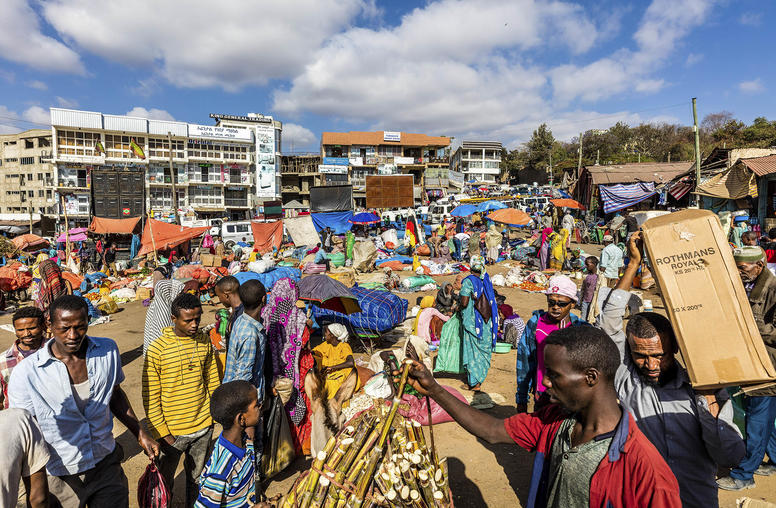
The Middle East’s Complicated Engagement in the Horn of Africa
The Gulf states increased assertiveness in the Horn of Africa has garnered substantial attention of late, particularly the proliferation of military installations and ports and the increase in military and economic aid. Less attention has been paid, however, to the role Middle Eastern countries have played in attempting to resolve some of the Horn’s most intractable conflicts, efforts that in some cases pre-date the more recent security and economic engagements.
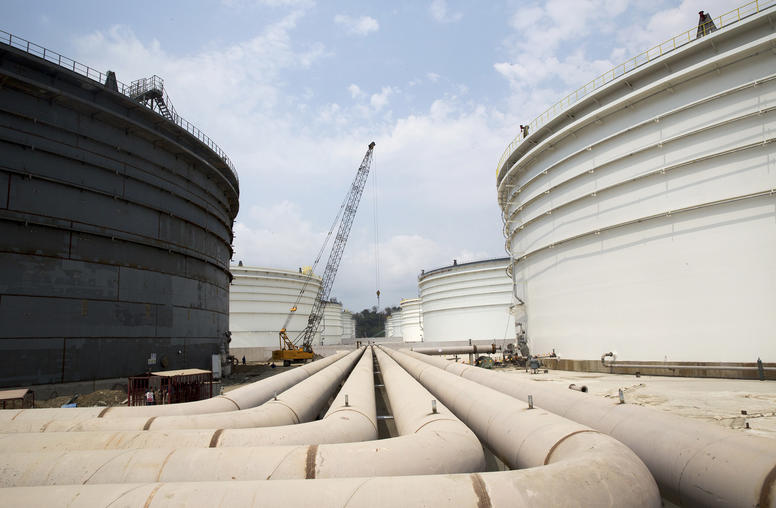
Xi Jinping’s Visit to Myanmar: What Are the Implications?
From January 17-18, the chairman of China’s Communist Party, Xi Jinping, travelled to Myanmar to promote bilateral ties and advance construction of the China-Myanmar Economic Corridor (CMEC). The visit saw the two sides commit to an ambitious economic agenda and building what China terms a “community of shared destiny.” The declarations of cooperation, however, failed to provide any clarity on how CMEC will address the countless questions and concerns that Myanmar has struggled with since its independence in 1948—issues likely to profoundly affect the two countries’ joint endeavors.
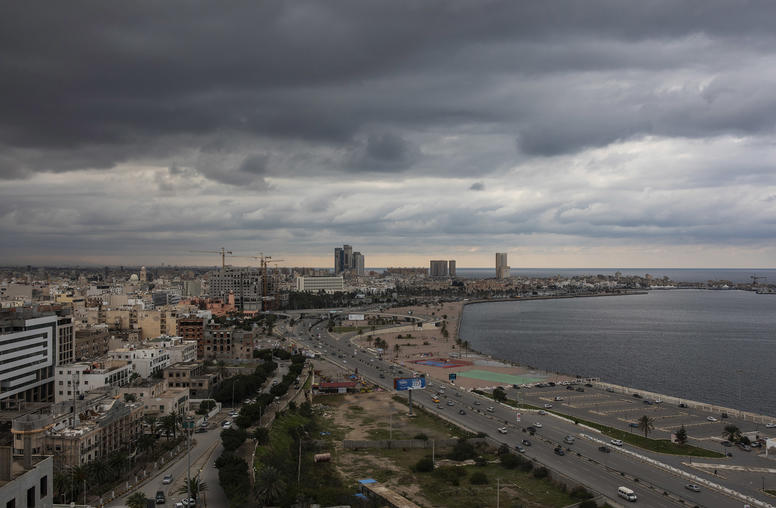
After Berlin, Will Foreign Actors Back Out of Libya’s Civil War?
Tags: Dialogue, Mediation & Negotiation Published: January 21, 2020 / By: Nate Wilson; Thomas M. Hill More than eight years since the death of Col. Muammar al-Qaddafi, Libya remains in state of protracted conflict with rival governments in Tripoli and Tobruk. Backed by the U.N., the Tripoli-based government has been at a stalemate with the eastern-based Libya Arab Armed Forces (LAAF) led Field Marshall Khalifa Haftar, who launched an assault on Tripoli in April. Foreign backers have flooded into the country to advance their own interests—but this has only exacerbated the conflict. Over the weekend, a long-delayed conference in Berlin aimed to put Libya on a path to peace and end foreign interference. USIP’s Nate Wilson and Tom Hill explain what happened at the conference, how the U.S. fits into this picture and where Libya’s conflict goes from here.
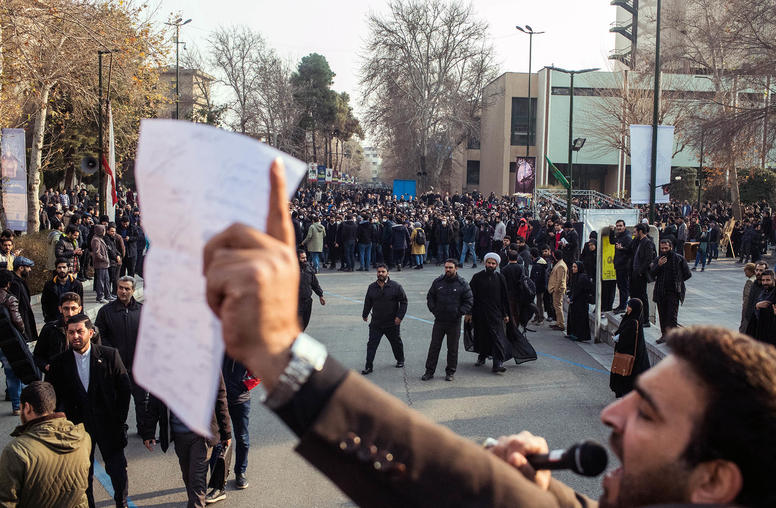
The Latest on Iran’s Evolving Protests
Iran has been rocked by a series of developments in recent months, from the mass protests over raised fuel prices to the killing of powerful Iranian commander Qassem Soleimani. Over the weekend, protesters returned to the streets, spurred by the military’s mistaken downing of a Ukrainian passenger jet. As in past protests, like 2009, the government has met demonstrators with a draconian and violent response. USIP’s Garrett Nada and Maria Stephan explain how the protests have evolved over time and how demonstrators could use nonviolent tactics against the repressive regime.

Where Public Health and Peacebuilding Converge
In many ways, peacebuilding and public health are kindred disciplines in that they both require whole-of-society approaches to succeed. But while both disciplines share similar traits, the relationship between peacebuilding and public health is often overlooked. In any country, public health services such as healthcare facilities, water sanitation, and accessible medicine are critical for citizens’ welfare. But in fragile or conflict-affected states, these services become even more important—serving as a foundation for healing and stability throughout a peace process. To examine this important dynamic, USIP’s Fouad Pervez and Chris Bosley look at three situations where the goals of peacebuilding and public health are intertwined.
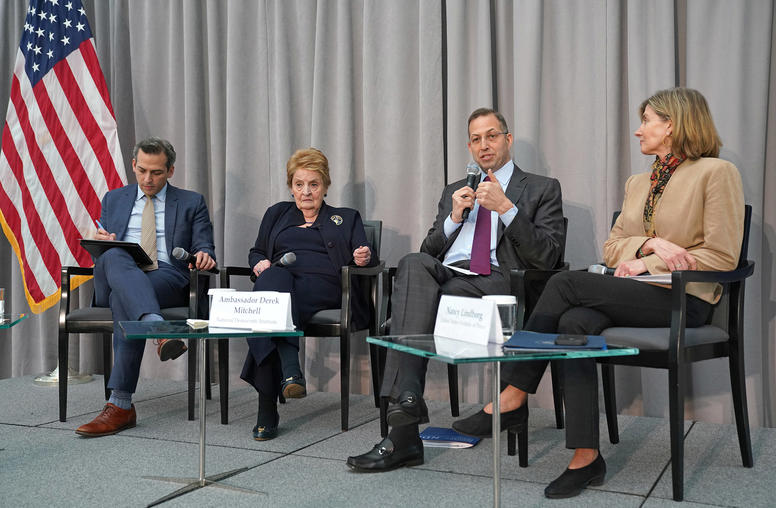
The Global Fragility Act: A New U.S. Approach
After several years of efforts by a bipartisan group of members of Congress and outside groups, Congress last month took legislative aim at a threat behind many of the world’s most pressing problems: fragile states. On December 20, as part of an appropriations package, President Donald Trump signed into law the Global Fragility Act, marking a new—if largely unnoticed— U.S. approach to conflict-prone states that can be vectors of violent extremism, uncontrolled migration, and extreme poverty.
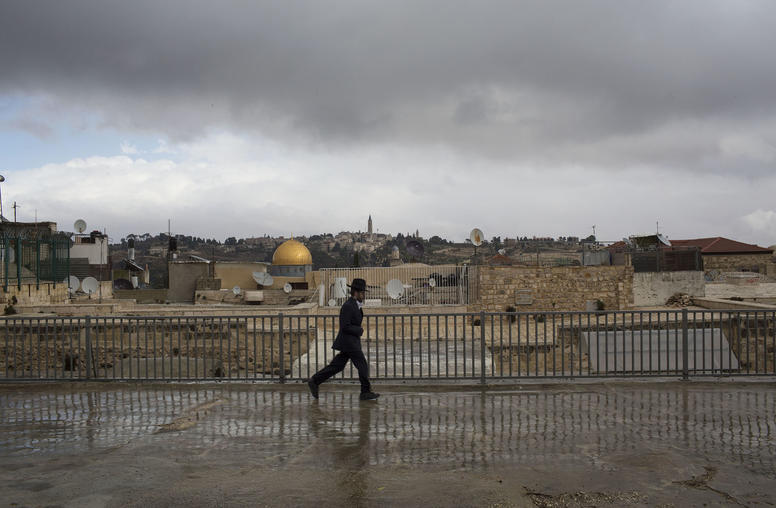
The Israeli-Palestinian Conflict in 2020: What are the Possible Paths Ahead?
Despite tremendous effort exerted since the 1991 Madrid Peace Conference to resolve the Israeli-Palestinian conflict through a two-state solution, peace has been elusive. Today, there is a growing feeling among Palestinians, Israelis and the international community that the two-state paradigm may no longer be viable. USIP’s Ambassador Hesham Youssef examines the potential scenarios facing Israelis, Palestinians and the region as the stalemated conflict continues without progress toward two states.
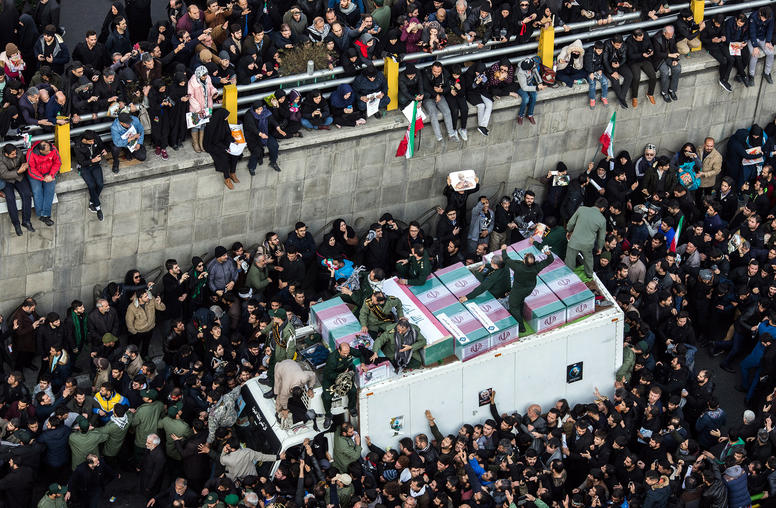
Are the U.S. and Iran Really on the Brink of War?
The killing of Qassem Soleimani was the boldest U.S. act in confronting Iran since the 1979 revolution, tantamount to an act of war. Although U.S. officials have characterized the move as “decisive defensive action.” However, if Iran had assassinated the general who heads Central Command (the unit overseeing U.S. military operations in the Middle East and South Asia), Washington would have similarly viewed it as tantamount to an act of war.
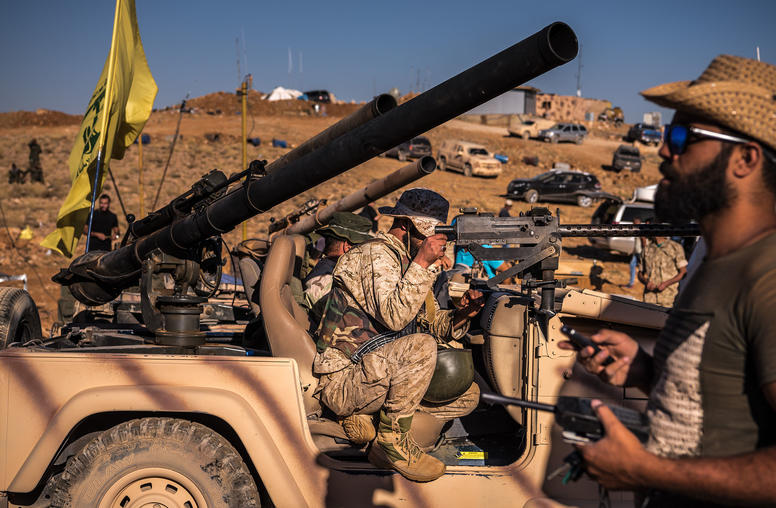
How the Soleimani Strike Impacts Syria and the Fight Against ISIS
Slain Iranian Quds Force commander Qassem Soleimani played a considerable role in conflicts across the Middle East. In Syria, he mobilized Shia armed groups from across the region and coordinated closely with Hezbollah to save the Assad regime. His death by an American airstrike leaves many to wonder what’s next for Iran in Syria. It has also stirred fear of a direct confrontation between Washington and Tehran at a time when concerns about an ISIS resurgence in both Iraq and Syria are already on the rise. USIP’s Mona Yacoubian looks at what, if any change, Soleimani’s death will mean for the Assad regime and what’s next in the fight against ISIS.
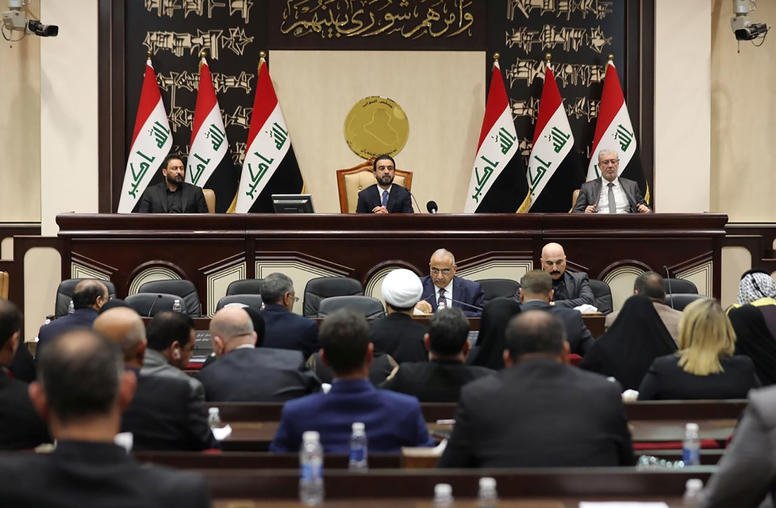
After the Soleimani Strike, What’s Next for Iraq and the Region?
With tensions between Iran and the U.S. already simmering, the January 3 U.S. airstrike that killed powerful Iranian commander Qassem Soleimani is sure to have ripple effects across the region. Maj. Gen. Soleimani, the commander of Iran’s Quds Force, coordinated Iran’s military operations and proxies across the Middle East.